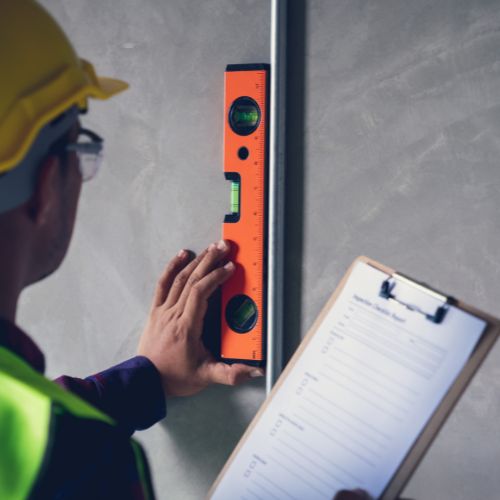California law allows homeowners to improve the odds they will be compensated when contractors make errors while building their home. The 2003 Right to Repair Act requires a homeowner to give the builder/developer/contractor notice before filing litigation. It also provides guidelines concerning the builder’s “right to repair” the defects and provides time limits in which the builder must respond to a claim (14 days) and the time allowed for inspections (14 days) and the repair of the property (30 days).
Yes, You Have the Right to Sue
You have a path to compensation regarding construction defects. If you suspect problems, hire an independent licensed inspector to determine and document the exact nature of the problems. Californians generally have a 10-year statute of limitations from completion of the work, or the date you learned of the defect (whichever is later) if your home is built from the ground up. The Right to Repair Act has reduced statutes of limitation for some problems. There is a 5-year statute on how paints and stains interact with building services, and a 4-year statute on plumbing and sewar systems, electrical systems, walkways and driveways.
The Most Common Construction Defects
Inspections are an expected part of new construction and can reveal housing and building code violations. Code violations are an indication a contractor might be unqualified, or attempting to cut corners at your expense. These are just a few of the most common construction defects:
Water intrusion and leakage is one of the most common construction defects. Leaks in windows and doors are easily spotted. Siding and stucco problems may go unnoticed, resulting in mold or structural failure. Foundation issues and structural deficiencies are serious problems, leading to cracks, settling and uneven floors. Faulty HVAC and mechanical systems and incorrect wiring can cause failure of heating, ventilation, and poor energy efficiency.
Incorrectly installed electrical systems pose potential safety risks. Plumbing defects can be disastrous and expensive to repair – especially after water damage. Poorly installed insulation and ventilation issues can lead to moisture problems. Poorly mounted doors and windows can allow water intrusion and present security issues. Finally, cosmetic flaws, like improperly applied grouting, are exasperating and could indicate use of cheap construction products and a lack of contractor/builder experience.
The Right to Repair Act
The 2003 California Right to Repair Act requires homeowners to notify the responsible parties with written notice of the defects, and to give them an opportunity to inspect and to make repairs. Contractors will often want to resolve the problem and protect their reputations. This is a good time to review the language of any builder’s warranty you received when the work was done. There may be an opportunity to negotiate a solution through mediation.
When Your Home Loses Value After Faulty Construction
If you are left holding the bag for costly repairs after your home is built , you could incur a major loss in home value.
This is the time to contact an experienced real estate attorney to review your case and go to bat for you in court to recoup your losses.
Collect your construction contracts, photographs, timelines, and notes so your attorney has a full picture of your loss and can determine the best path forward to make you whole.
Know Your Rights. Protect Yourself.


 (415) 533-0735
(415) 533-0735 (415) 843-0496
(415) 843-0496